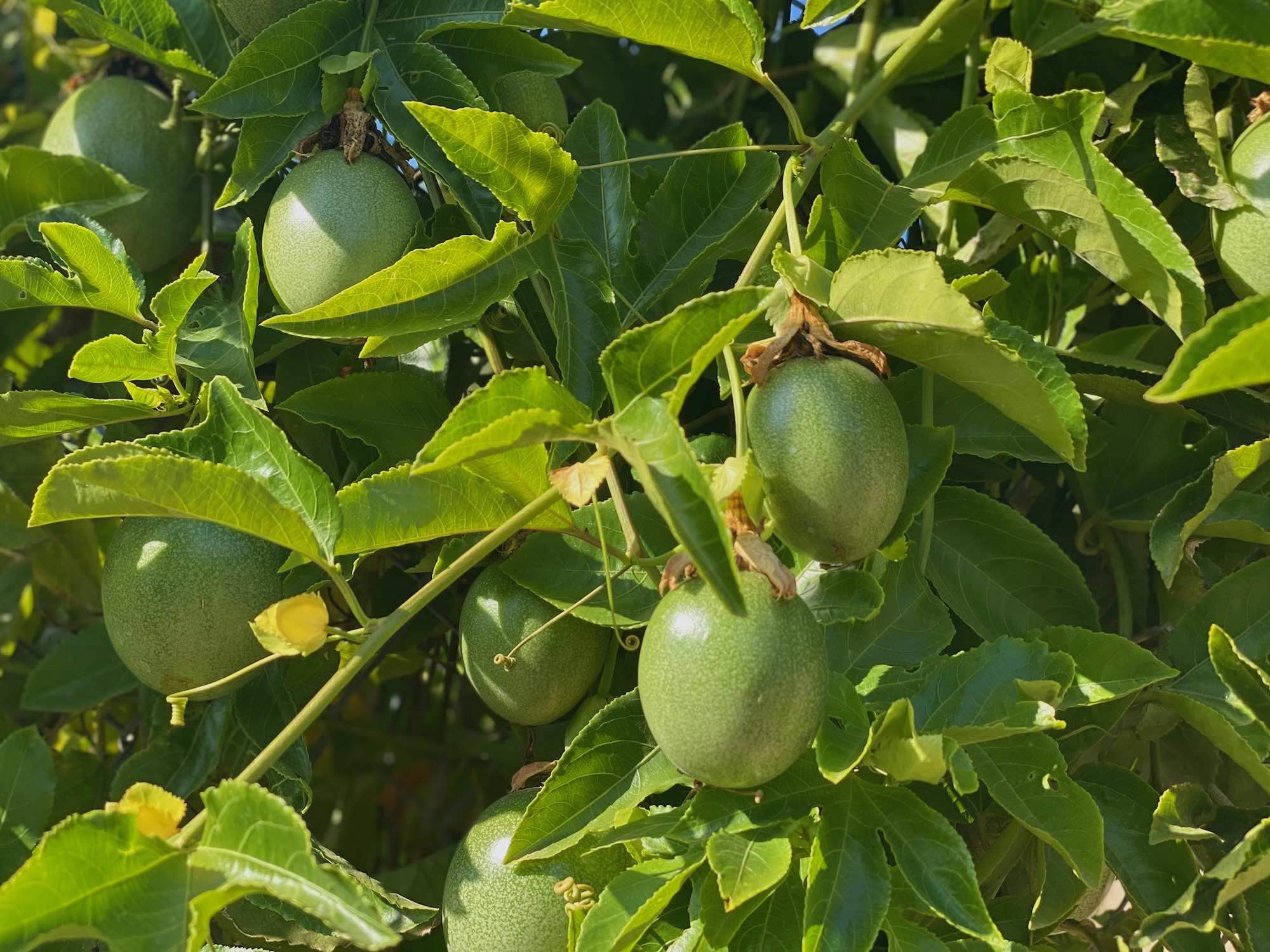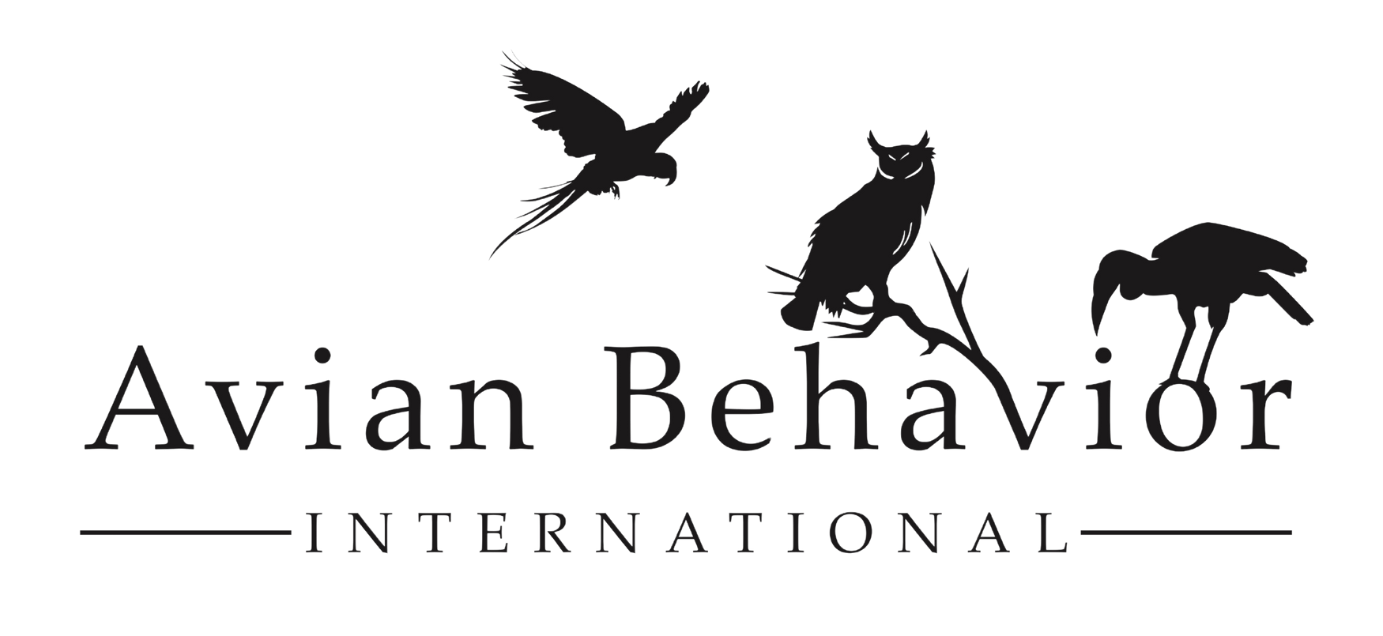
Our Farm
Much of the animal training and consulting has its roots far before Hillary ever worked with birds in earnest: she was a competitive horseback rider and trainer, working and learning in Germany and competing across the country. Since then, she has built her world around birds and, well, bees. Her family has deep roots growing citrus and avocados in San Diego County, with her father selling chicken eggs off of Highway 76 as a boy. Together, they planted a new variety of pomegranate on the family farm in Pauma Valley. Hillary and Andre have steadily been planting fruit trees and other annuals to help provide for the birds and vice versa. The ABI farm is home to citrus, apricots, persimmons, loquats, passion fruit, guava, and more. We have cultivate our own honey bee hives and enjoy a boost in fruit production as a result.
Even more, the free ranging chickens, donkeys, pigs and goats work together to fertilize the soil, eat larva and snails, browse back thistles and brush, and graze on items other animals would ignore. This adds to the compost, keeps water requirements lower, and keeps the hard, rocky soil softer with a better biome. It reduces and even eliminates the need for heavy chemicals in fertilizers and pesticides, working with natural predator control to restore the soil to an active, nutrient rich environment.
The ranch is home to three species of wild native owl, six species of hawks, falcons, and eagles, wild honeybee hives, songbirds, turkeys, deer, fox, bobcats, and more, and purposefully left areas natural to encourage natural predation.
Hillary has worked on award winning documentaries that highlight permaculture farming in Southern California and sustainability. Her and Andre’s vision is to continue growing their farm, working the animals and the agriculture together, educating the public on sustainable choices and consumption. Soil health is a huge part of carbon sequestration and water absorption. As they say at the Savory Institute, of which we are proud members, it’s not how much water you get, but how much you can retain. We are excited to be a part of a movement that looks to many different cultures at regenerative, holistic grazing and agricultural practices to improve soil health for the good of the benefit of the environment and conservation practices of native species of flora and fauna. The Savory Institute does work with wildlife conservation NGO’s worldwide to minimize conflict between farmers, ranchers, and conservation groups.
Want to learn more about the positive reinforcement training and consulting work that we do with farm species? Our blog is a great place to start!

